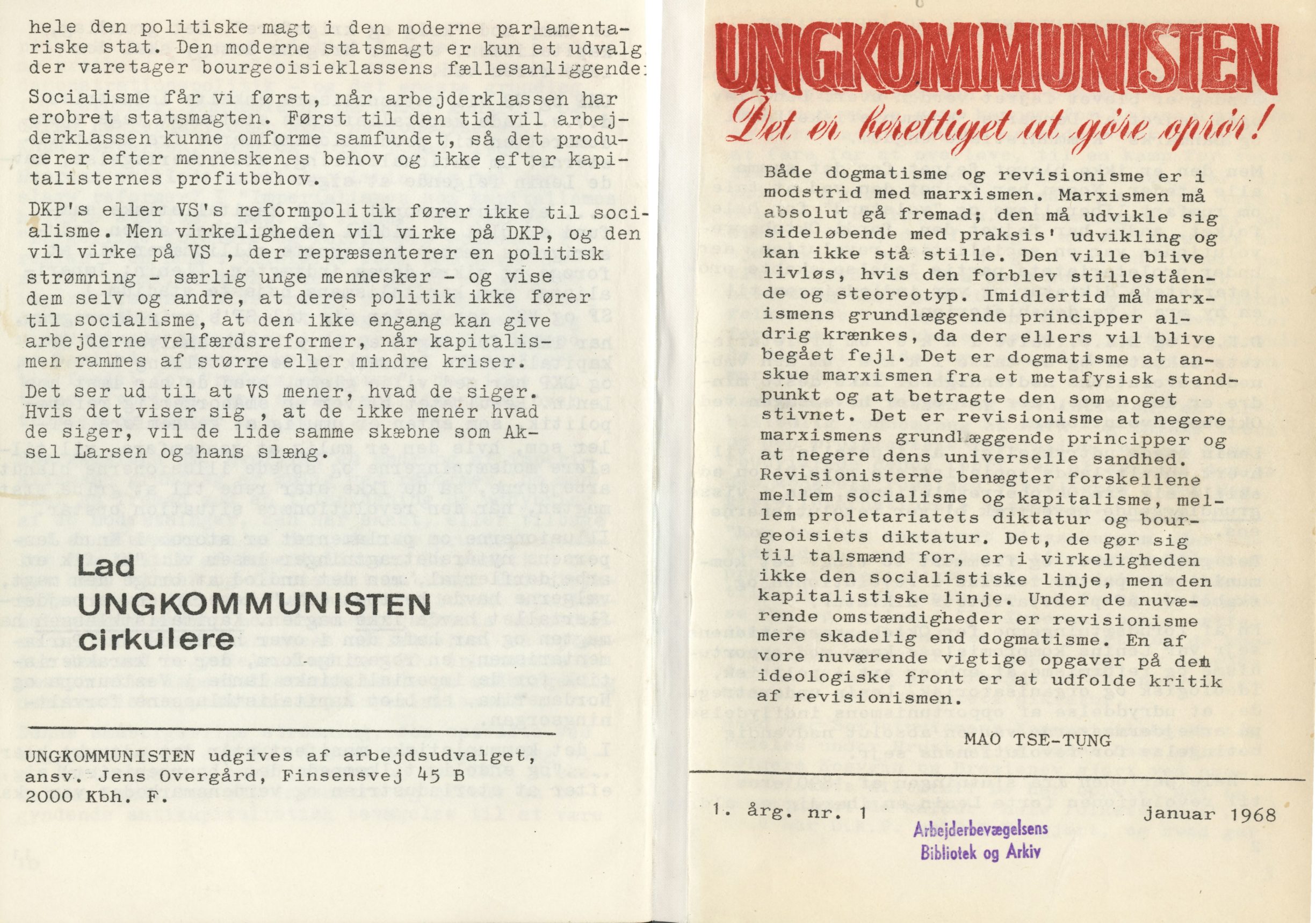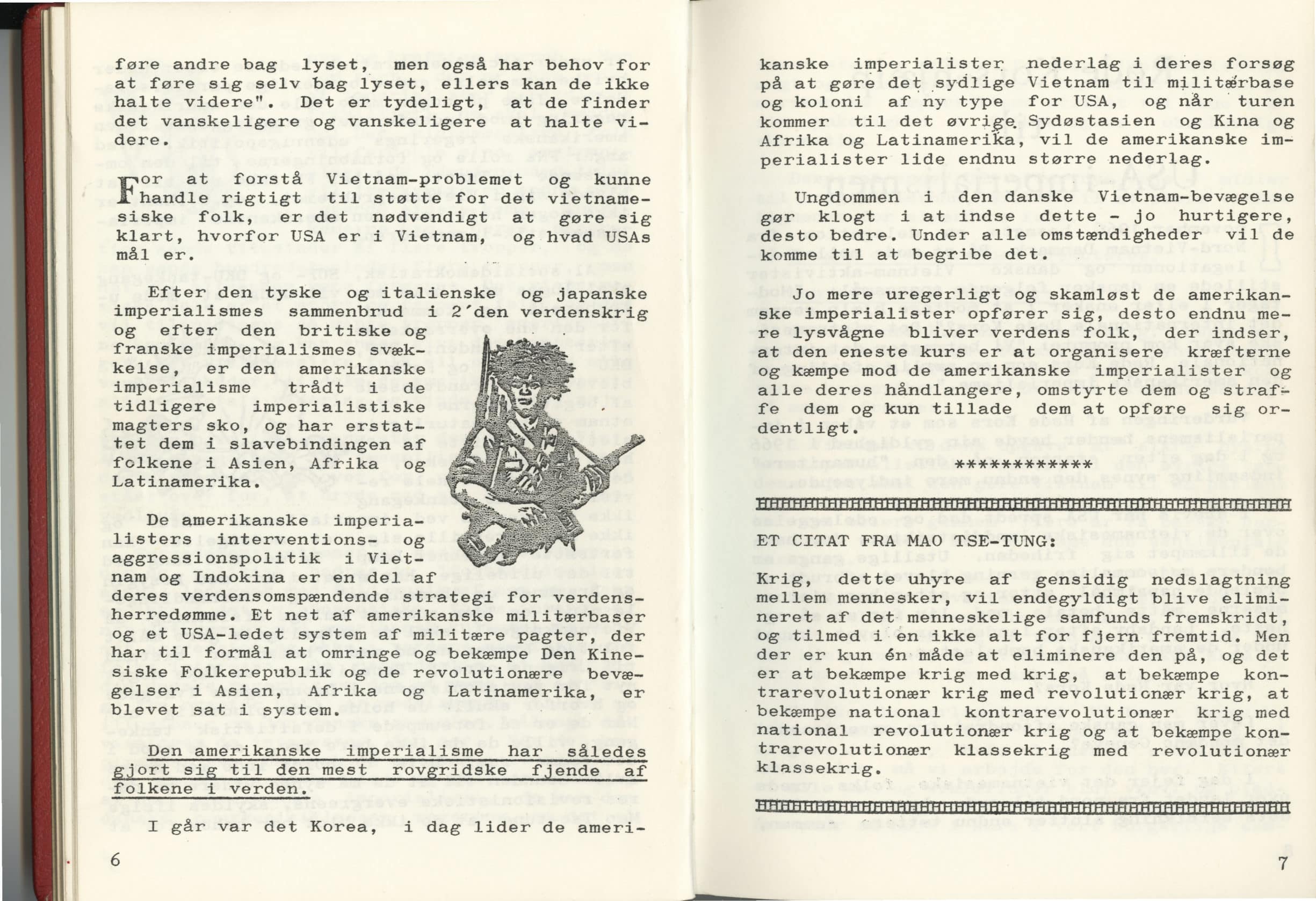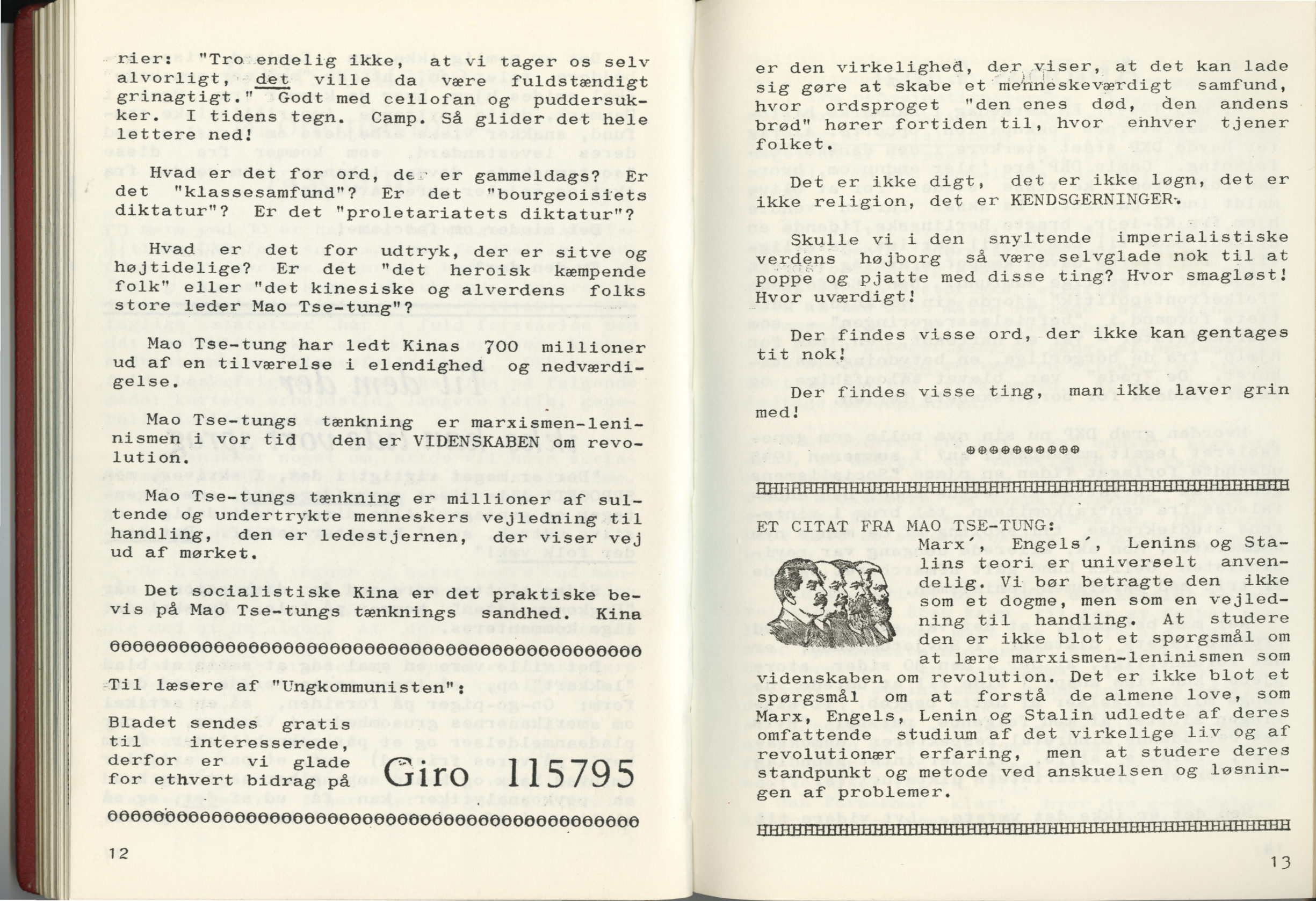About the text:
From: V.I. Lenin: On Imperialism and Opportunism, Futura 1974, 103 p., p. 21.
(Extract)
Written December, 1912. First
published in “Kommunist” No. 6.
(…)
The state of affairs in the American labour movement shows us, as it does in Britain, the remarkably clear-cut division between purely trade unionist and socialist strivings, the split between bourgeois labour policy and socialist labour policy. For, strange as it may seem, in capitalist society even the working class can carry on a bourgeois policy, if it forgets about its emancipatory aims, puts up with wage-slavery and confines itself to seeking alliances now with one bourgeois party, now with another, for the sake of imaginary “improvements” in its indentured condition.
The principal historical cause of the particular prominence and (temporary) strength of bourgeois labour policy in Britain and America is the long-standing political liberty and the exceptionally favourable conditions, in comparison with other countries, for the deep-going and widespread development of capitalism. These conditions have tended to produce within the working class an aristocracy that has trailed behind the bourgeoisie, betraying its own class.
In the twentieth century, this peculiar situation in Britain and America is rapidly disappearing. Other countries are catching up with Anglo-Saxon capitalism, and the mass of workers are learning about socialism at first hand. The faster the growth of world capitalism, the sooner will socialism triumph in America and Britain.
LCW vol. 36, pp. 214-215.
The full text can be found online on Marxist Internet Archive:
http://www.marxists.org/archive/lenin/works/1912/dec/07.htm



























![[Papirtigre] – Et citat fra Mao Tse-tung Ungkommunisten 1968 nr. 2, omslag](https://snylterstaten.dk/wp-content/uploads/2014/06/Ungkommunisten1968_02_B16_01.jpg)



